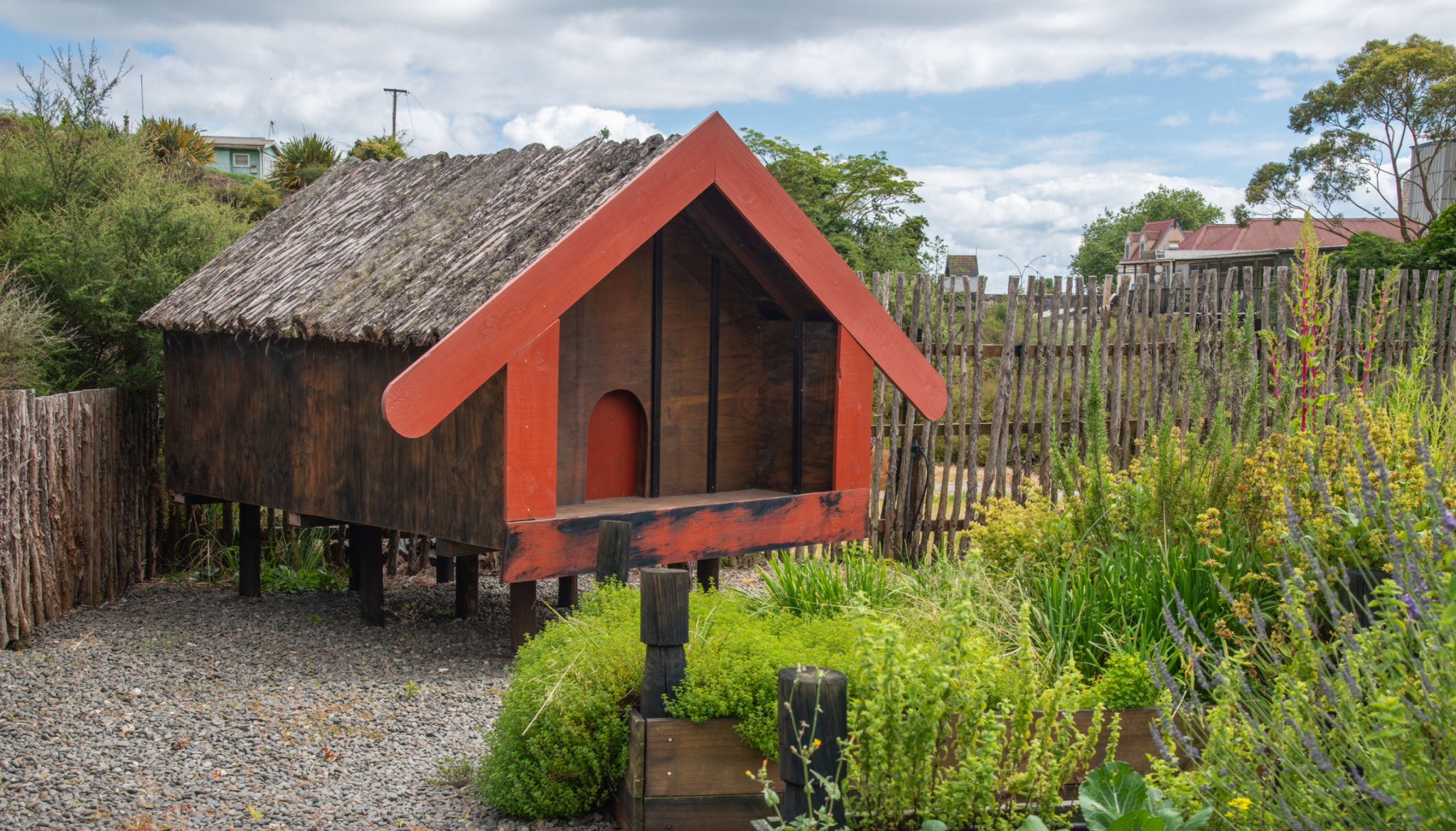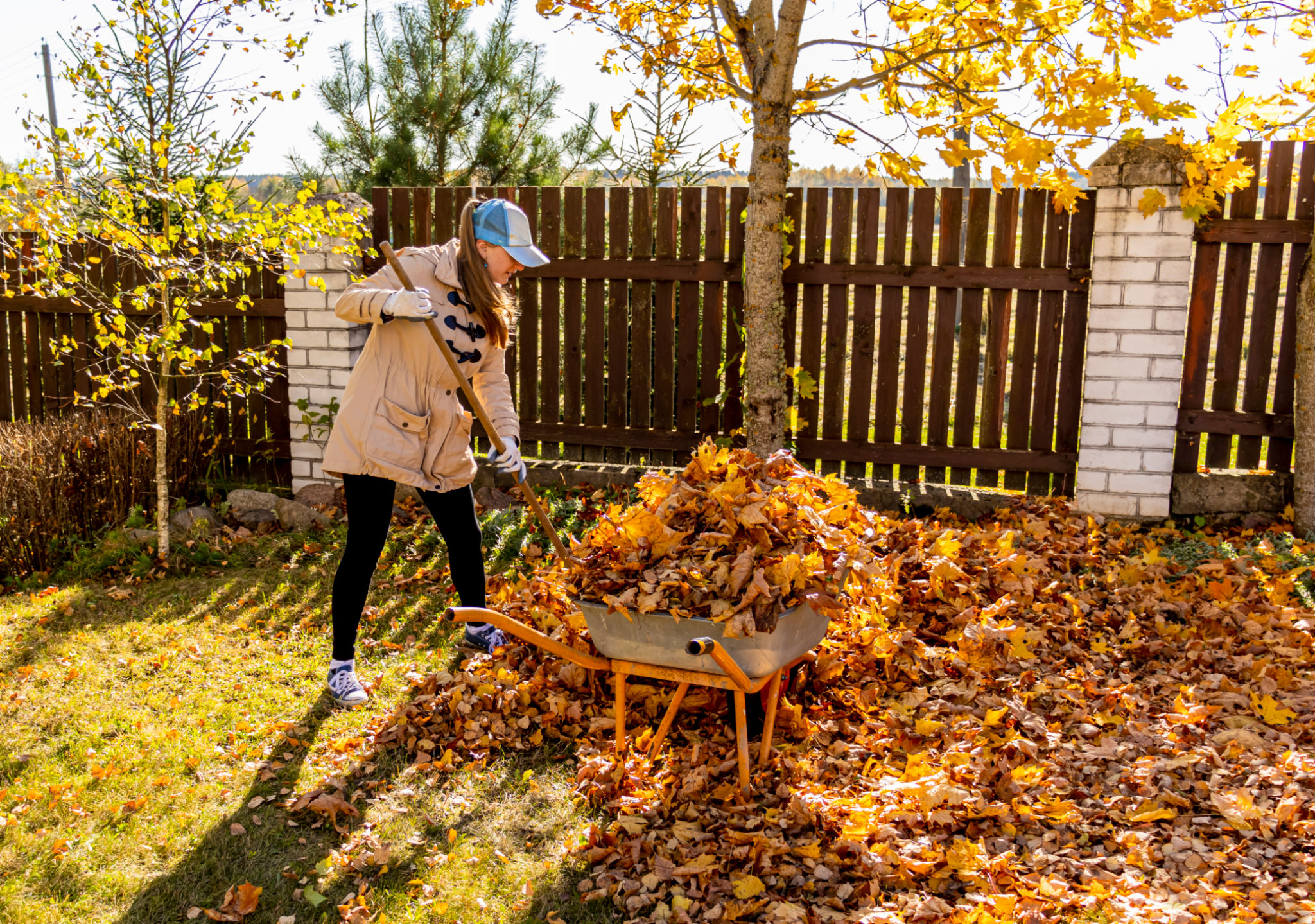Preparing Your Garden for Hamilton's Seasonal Changes
Understanding Hamilton's Unique Climate
Hamilton's climate is a unique mix of warm summers and cold, snowy winters, which means that gardeners must be prepared for a variety of weather conditions throughout the year. Understanding these seasonal changes is crucial for maintaining a thriving garden. The summer months are typically warm and humid, while winters can be harsh with significant snowfall. Preparing your garden accordingly will ensure its health and beauty year-round.

Spring Preparation: The Season of Renewal
As the snow melts and temperatures begin to rise, spring is the ideal time to prepare your garden for the growing season. Start by clearing away debris that has accumulated over the winter months. This includes fallen branches, leaves, and any dead plant material. A thorough cleanup will help prevent pests and diseases from taking hold in your garden.
Next, focus on soil preparation. Testing your soil's pH levels can help you determine what amendments are necessary to create a fertile environment for your plants. Adding organic matter such as compost or well-rotted manure can improve soil structure and nutrient content, giving your plants a strong start.
Summer Care: Thriving in the Heat
Summer in Hamilton can bring heatwaves and dry spells, so it's important to establish a consistent watering schedule. Watering early in the morning or late in the afternoon helps minimize evaporation and ensures that plants receive adequate moisture. Mulching around plants can also help retain soil moisture and suppress weeds.

In addition to watering, monitor your plants for signs of stress or pest infestations. Regularly inspect leaves for discoloration or damage and take action promptly to address any issues. Encouraging beneficial insects like ladybugs can naturally control pest populations.
Fall Transition: Preparing for Winter
As temperatures begin to drop, it's time to prepare your garden for the winter months ahead. Start by harvesting any remaining fruits and vegetables before the first frost. This is also the time to plant spring-blooming bulbs such as tulips and daffodils, which require a period of cold dormancy.
Pruning is another essential task during the fall. Remove dead or diseased branches from trees and shrubs to prevent potential damage from winter storms. Consider applying a layer of mulch around the base of plants to insulate roots against freezing temperatures.

Winter Maintenance: Protecting Your Garden
Winter might seem like a time to take a break from gardening, but there are still tasks that require attention. Protecting your plants from heavy snowfall and icy conditions is crucial. Use burlap or other protective coverings for sensitive shrubs and trees.
If you have potted plants, consider moving them indoors or to sheltered areas to prevent frost damage. Keep an eye on indoor plants for signs of overwatering or low humidity, which are common issues during winter.
Final Tips for Year-Round Success
Successful gardening in Hamilton requires planning and dedication throughout the year. By understanding the seasonal changes and preparing your garden accordingly, you can ensure that it remains healthy and vibrant no matter the weather. Incorporating these practices will not only enhance your garden's aesthetic appeal but also promote a sustainable and resilient landscape.
